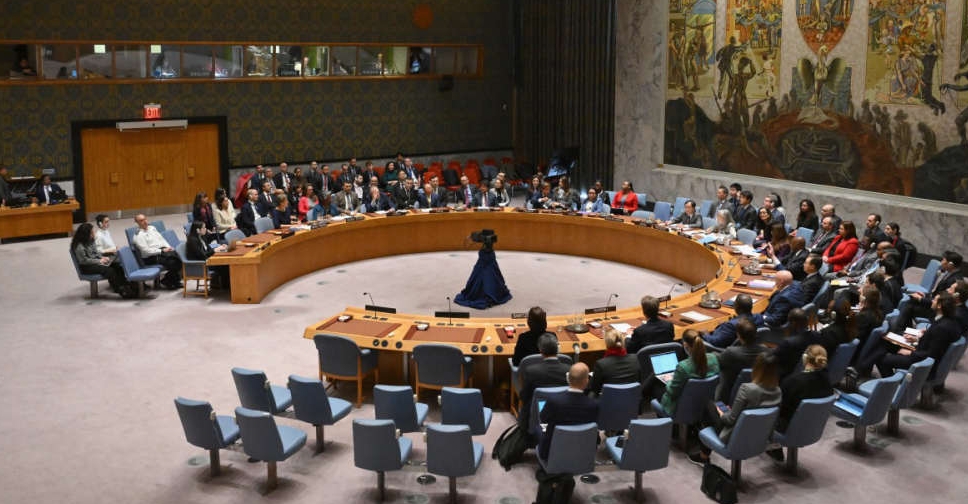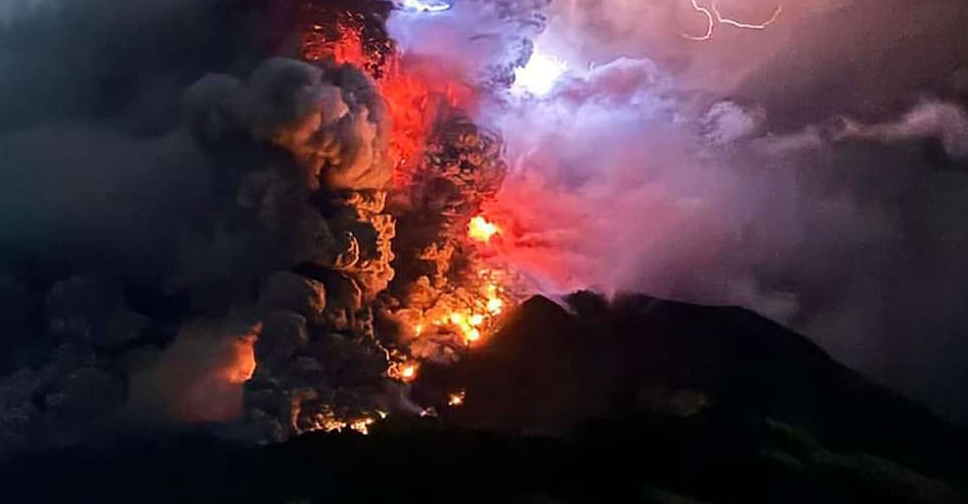
The Omicron coronavirus variant is likely to spread internationally, posing a "very high" global risk of infection surges that could have "severe consequences" in some areas, the World Health Organisation (WHO) said on Monday.
The agency urged its 194 member states to accelerate vaccination of high-priority groups and, in anticipation of increased case numbers, to "ensure mitigation plans are in place" to maintain essential health services.
"Omicron has an unprecedented number of spike mutations, some of which are concerning for their potential impact on the trajectory of the pandemic," the WHO said.
"The overall global risk related to the new variant ...is assessed as very high."
To date, no deaths linked to Omicron had been reported, though further research was needed to assess Omicron's potential to escape protection against immunity induced by vaccines and previous infections, it said.
"Increasing cases, regardless of a change in severity, may pose overwhelming demands on health care systems and may lead to increased morbidity and mortality. The impact on vulnerable populations would be substantial, particularly in countries with low vaccination coverage," it said.
The variant was first reported to WHO on November 24 from South Africa, where infections have risen steeply.
It has since spread around the world, with new cases found in the Netherlands, Denmark and Australia even as more countries imposed travel restrictions to try to seal themselves off. Japan said on Monday it would close its borders to foreigners, joining Israel in taking the toughest measures.
The WHO, in its latest guidance, reiterated that countries should use a "risk-based approach to adjust international travel measures in a timely manner". Further advice would be forthcoming, it said.
"The presence of multiple mutations of the spike protein in the receptor-binding domain suggests that Omicron may have a high likelihood of immune escape from antibody-mediated protection. However, immune escape potential from cell-mediated immunity is more difficult to predict," it said.
"Overall, there are considerable uncertainties in the magnitude of immune escape potential of Omicron."
More data was expected in the coming weeks.
"COVID-19 cases and infections are expected in vaccinated persons, albeit in a small and predictable proportion", it added.



 Kenya's military chief among 10 killed in helicopter crash
Kenya's military chief among 10 killed in helicopter crash
 Security Council to vote on Palestinian UN membership
Security Council to vote on Palestinian UN membership
 Toll from Russia's deadliest airstrike on Ukraine in weeks rises to 18
Toll from Russia's deadliest airstrike on Ukraine in weeks rises to 18
 UNRWA chief warns man-made famine tightening grip across Gaza
UNRWA chief warns man-made famine tightening grip across Gaza
 Indonesian volcano eruption forces evacuations, airport closure
Indonesian volcano eruption forces evacuations, airport closure







